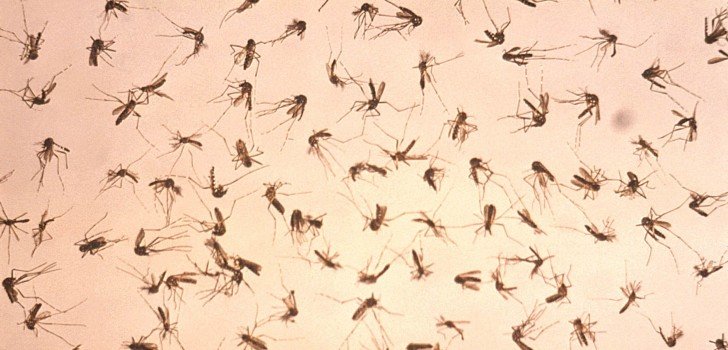The world’s first vaccine against dengue fever has recently received clearance in Mexico. This represents a strong first step towards preventing the mosquito-carried infection that threatens about half of the world’s population.
The vaccine is called Dengvaxia, and it is expected that it will receive more approvals in Latin America and Asia in the coming weeks. The Dengvaxia injection can prevent all four types of the dengue fever virus, which has spread to Portugal, France, Florida and Japan. According to the World Health Organization, much of the world is at risk for “explosive outbreaks”.
Unlike malaria, which typically only affects poorer countries, dengue generally affects wealthier urban populations as well. In Brazil, a water shortage led residents to store drinking supplies in an unsanitary manner, which created breeding grounds for mosquitos. This resulted in a large dengue epidemic that included thousands of cases. Meanwhile, the state of Hawaii has seen 139 cases of its own.
At a cost of about $1.65 billion, it took about two decades to develop Dengvaxia. The drug is still awaiting approval in at least 19 other countries. Mexico has approved its usage for people between the ages of 9 and 45. It will be offered to people living in areas that are prone to the disease.
The drug will be priced affordably so that virtually anyone can access the treatment. It is expected that Dengvaxia sales will reach $1.4 billion by the year 2020. Some countries might even purchase large amounts and distribute it to their population for free.
The signs of a dengue infection usually include flu-like symptoms. Over time, these symptoms can potentially develop into fatal complications. Some major warning signs include bleeding gums, vomiting, rapid breathing and severe abdominal pain. However, only less than 1% of those who contract the disease die.
Meanwhile, other companies are developing different techniques to stop the virus from spreading. A company called Oxitec has already developed a method to genetically modify male mosquitoes so that they fail to reproduce sustainable offspring.
Stay Connected